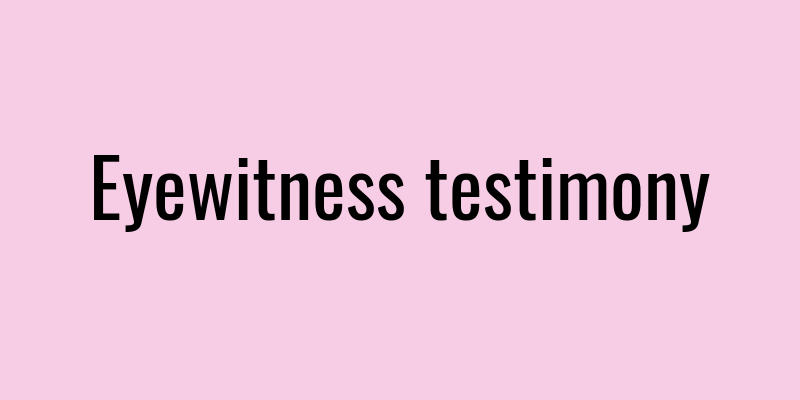The Complex Nature of Eyewitness Testimony: Benefits and Drawbacks
Exploring the Pros and Cons
Eyewitness testimony is a vital component in legal proceedings, often providing crucial evidence that can influence the outcome of a trial. However, the reliability of such testimony can be called into question due to various factors. This article will delve into the complexities of eyewitness testimony, exploring its advantages and disadvantages in detail.
From its potential to offer firsthand accounts of events to the inherent risks of inaccuracy and bias, eyewitness testimony is a multifaceted aspect of the legal system. Understanding both its benefits and drawbacks is essential for comprehending its role in the pursuit of justice.
Pros
Eyewitness testimony holds several advantages that contribute to its significance in legal proceedings. These advantages encompass the firsthand nature of the accounts, potential to provide critical details, and the human element of storytelling. Let's explore these benefits in more depth.
Critical Details
Witnesses may provide critical details regarding the events in question, shedding light on aspects that might have been overlooked or unnoticed by others. These details can offer valuable insights and enhance the understanding of a case.
Firsthand Accounts
Eyewitness testimony offers firsthand accounts of events, providing a direct narrative of what transpired. Such testimonies can be compelling in conveying the immediate experiences and perceptions of individuals present at the scene.
Human Element
The human element of storytelling within eyewitness testimony can create a compelling and relatable narrative, resonating with judges and jurors on a personal level. This emotional connection can significantly impact the perception of the events described.
Enhances Credibility
Eyewitness testimony often enhances the credibility of a case as jurors tend to find firsthand accounts from witnesses persuasive and compelling. This can influence the outcome of a trial in a positive manner as it provides a human connection to the events in question.
Provides Unique Perspectives
Eyewitness testimony can offer unique perspectives on a crime or event, providing details that may not be evident from physical evidence or documentation. This can be especially valuable in helping to reconstruct and understand the sequence of events from multiple viewpoints.
Missing a pro?
Let us know which pro you are missing!
Cons
Despite its significance, eyewitness testimony is beset by inherent challenges that can compromise its reliability. Factors such as memory distortion, suggestibility, and the potential for bias can cast doubt on the accuracy of such accounts. Delve into the complexities of these drawbacks below.
Memory Distortion
The malleability of human memory introduces the risk of distortion, with recollections being susceptible to external influences and the passage of time. This can lead to inaccuracies in the witness's testimony, impacting its reliability.
Suggestibility
Witnesses may be susceptible to the influence of suggestive questioning or external information, potentially leading to alterations in their recollection of events. This susceptibility can stem from various sources, including leading questions or media coverage.
Inaccurate Recall
One of the significant disadvantages of eyewitness testimony is the potential for inaccurate recall. Factors such as stress, anxiety, and the passage of time can lead to memory distortion, resulting in inconsistencies and inaccuracies in the witness's account of the events.
Cross-Racial Identification Bias
Eyewitness testimony can be susceptible to cross-racial identification bias, where individuals have difficulty accurately identifying individuals of a different race. This can lead to misidentifications and wrongful convictions, particularly in cases involving individuals of diverse racial backgrounds.
Bias and Prejudice
Individual biases and prejudices, whether conscious or unconscious, can color the perception and interpretation of events recounted in eyewitness testimony. This introduces the potential for skewed or misleading representations of the actual events.
Missing a con?
Let us know which con you are missing!
Conclusion
The dynamics of eyewitness testimony are inherently intricate, encompassing a range of advantages and disadvantages that warrant careful consideration. Acknowledging its potential to offer firsthand perspectives while recognizing the challenges posed by memory and suggestibility is crucial. By critically evaluating the role of eyewitness testimony in the legal sphere, we can strive for a more nuanced understanding of its impact on the pursuit of justice.
What do you think?
Do you think the pros outweigh the cons?




